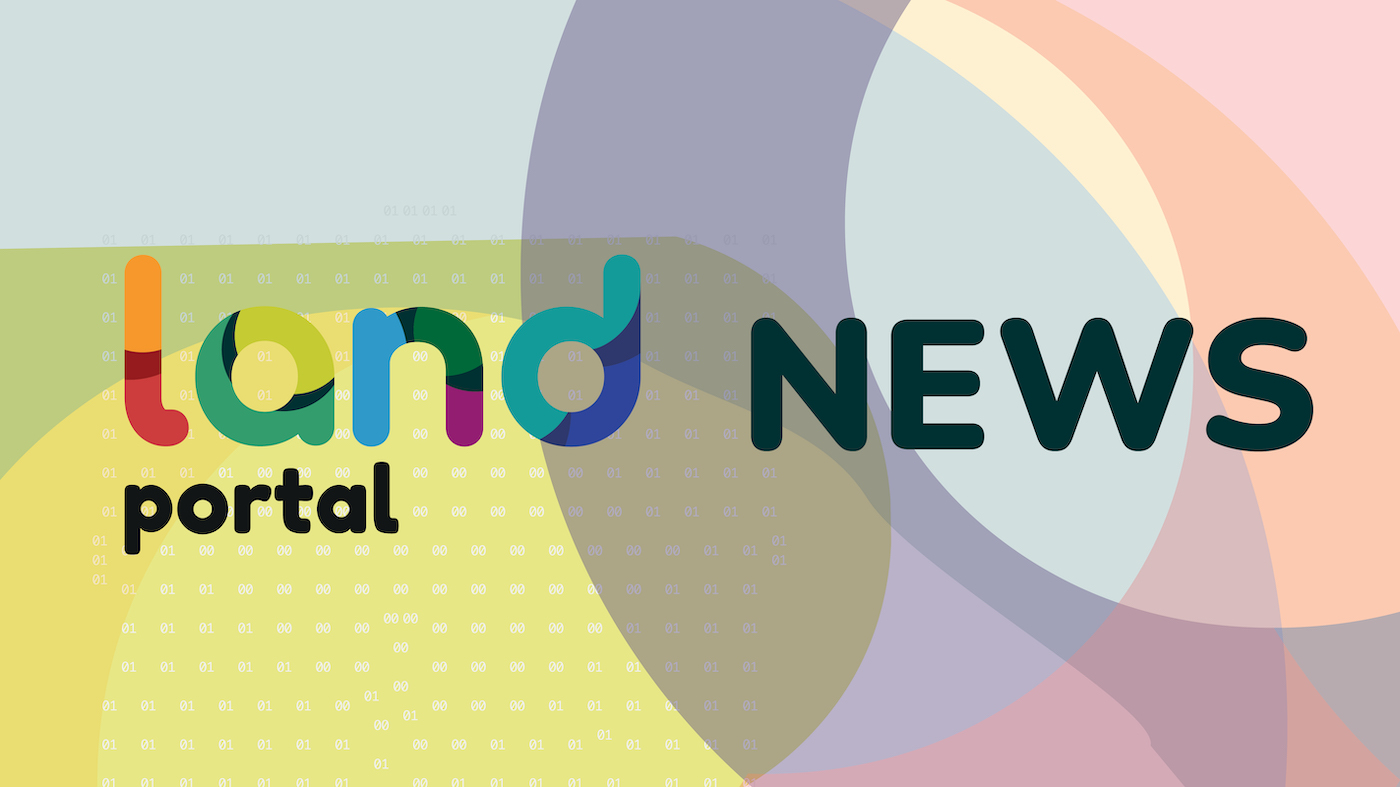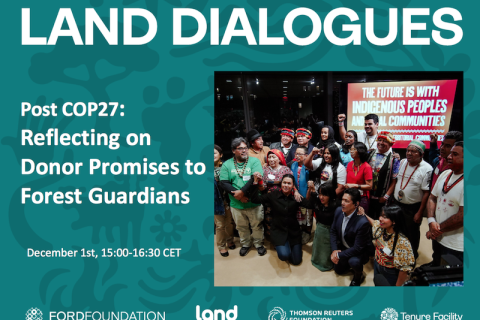

Related content:
Post COP27: Reflecting on Donor Promises to Forest Guardians
This final webinar of the Land Dialogues 2022 series, will take place after the UN Climate Change Conference COP 27 (6 – 18 November, Sharm El-Sheik). With a historic 1.7 billion dollar pledge having been made at last year’s COP26 by the Forest Tenure Funders Group to advance Indigenous Peoples’ and Local Communities’ tenure rights and their forest guardianship, it is important that we discuss challenges and opportunities in the context of these important advancements. The “Post COP27: Reflecting on Donor Promises to Forest Guardians” webinar will serve as a platform to reflect on progress made, what is falling short and if the 1.7 billion dollar pledge made during COP26 was reflected during COP27.
Views from COP27: How the climate conference could confront colonialism by centring Indigenous rights
Indigenous women weaving knowledge for resilience
Copyright © Source (mentioned above). All rights reserved. The Land Portal distributes materials without the copyright owner’s permission based on the “fair use” doctrine of copyright, meaning that we post news articles for non-commercial, informative purposes. If you are the owner of the article or report and would like it to be removed, please contact us at hello@landportal.info and we will remove the posting immediately.
Various news items related to land governance are posted on the Land Portal every day by the Land Portal users, from various sources, such as news organizations and other institutions and individuals, representing a diversity of positions on every topic. The copyright lies with the source of the article; the Land Portal Foundation does not have the legal right to edit or correct the article, nor does the Foundation endorse its content. To make corrections or ask for permission to republish or other authorized use of this material, please contact the copyright holder.



